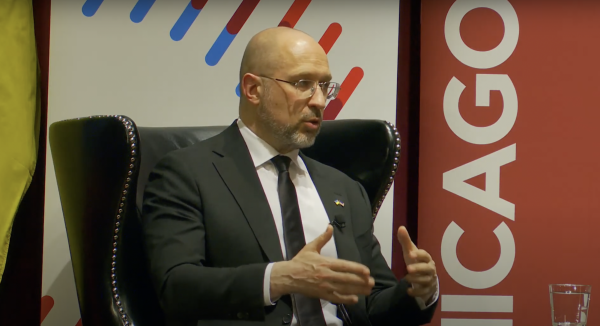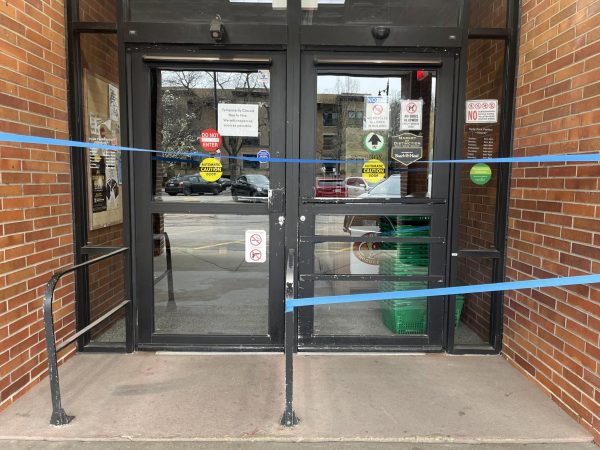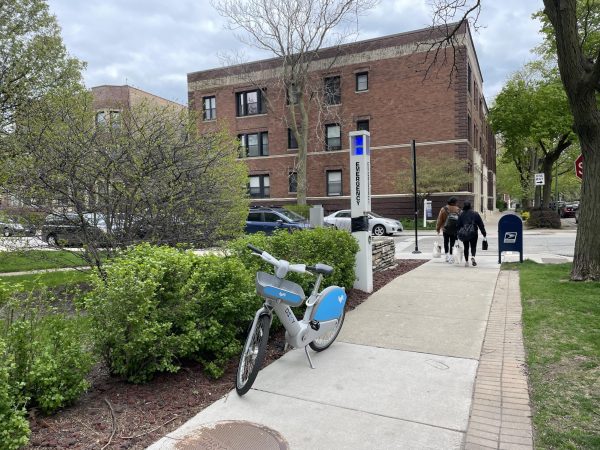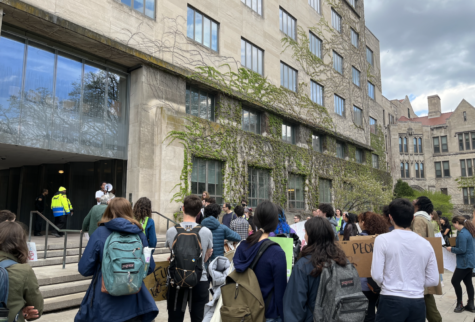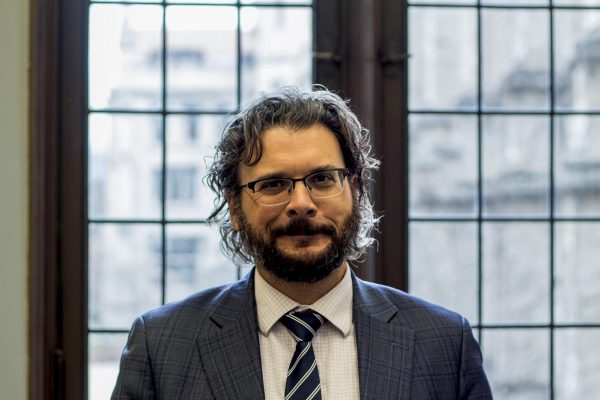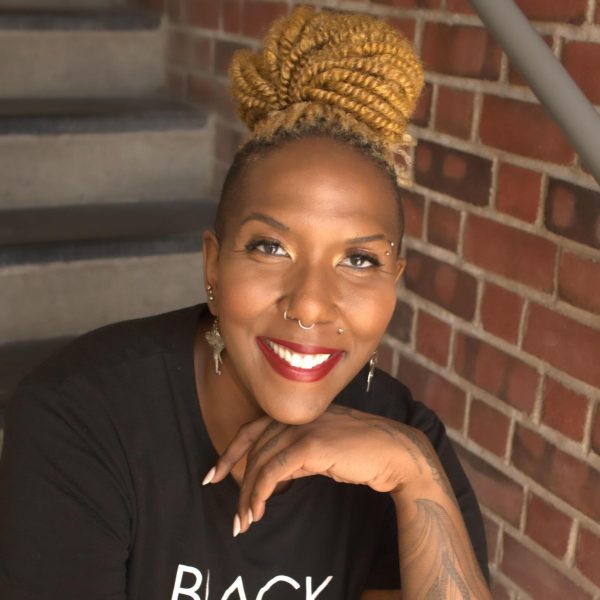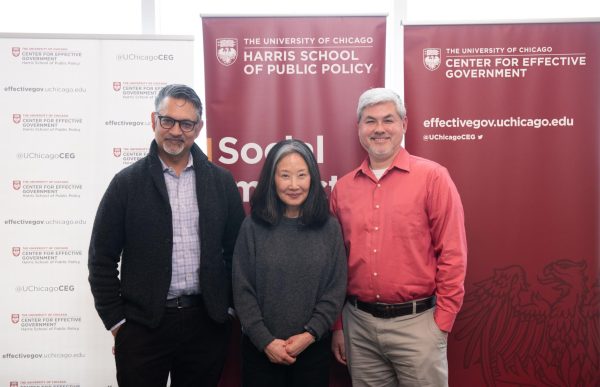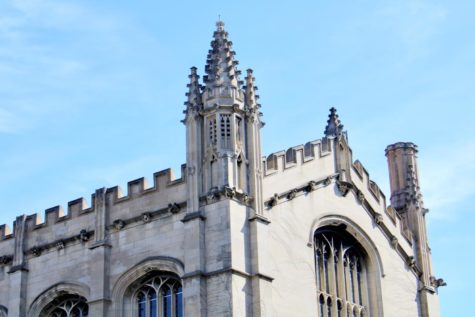A Revamped USG Aims to Better Represent Students
With a new organizational structure, USG hopes it can involve more students in an effort to achieve long-term policy goals and better respond to crises.
Levi Hall
February 19, 2023
Over the past two years, Undergraduate Student Government (USG) has undergone structural change to become its own separate organization and has created a new constitution as well as new bylaws. USG representatives spoke with The Maroon about the changes since the transition in May 2021 and the goals USG hopes to accomplish in the following year.
USG hopes to use its budget of $1.6 million for this academic year to tackle issues surrounding sustainability on campus, transportation, academic advising, and course enrollment. The Committee on Campus Sustainability is currently working on making dining halls and campus coffee shops more environmentally friendly.
Another important goal is renewing the free Lyft ride program for students beyond this academic year. USG is also attempting to address recent issues with academic advising such as high adviser turnover and student awareness of a larger variety of majors.
Representatives are also hoping to increase resources for underclassmen. “Some of our other goals are expanding the capacity of the more popular majors,” USG President Summer Long said. “For example, computer science is growing so fast that they need their own waitlist system to accommodate the mass influx of students that they’ve been receiving. While the University is hiring more computer science faculty, we still want to put in some work or some push to hire at a rate that does coincide with the rate of undergraduates moving into that field.”
From a structural standpoint, USG has changed dramatically since its transition from the old constitutional model. Previously, the College Council and Graduate Council were subsidiary branches of a unified Student Government Assembly; in June 2021, the Assembly dissolved and USG became its own entity. “Over the course of last year, the new constitution was drafted and eventually approved. Now we are facing the final touches of implementing the new model, which includes looking into a new conflict-resolution mechanism that is in the works, as well as solidifying our bylaws moving forward under the new model,” said Vice President Jefferson Lind.
The new model is composed of different subgroups: College Council, the cabinet, and a variety of committees. The college council has 20 elected members, five from all four class years. The cabinet is the executive body of USG that is composed of the USG president, the executive vice president, as well as the vice presidents of campus life, advocacy, student affairs, and student organizations. The cabinet also includes the chair and vice chair of College Council and a faculty government liaison. The committees are fairly large groups that work to provide support on more specific student needs. Some of the most prominent committees cover health and wellness, campus sustainability, sexual assault awareness and prevention, and residence life and dining.
“We want to make sure that we’re advocating for students in meetings with administrators as USG leaders and representatives,” said College Council Chair Connor Lee. “We have the unique opportunity to have a seat at these tables and advocate for our peers, so that’s always a priority.”
Class representatives and committees can propose resolutions to address student needs, but any proposal must be passed by a majority vote of College Council. Those that are passed are brought to University administrators for implementation. A new conflict-resolution model was also recently established for USG members to propose policies and resolutions that they want to put into effect.
“I am really dedicated to making sure all voices are heard on campus and making sure that problems that students face are addressed,” Lee said. “I think it is so important to have elected representatives, so college council members, advocating for their fellow students to really make these positive changes and address the problems that students are facing on campus.”
USG is also hoping to make itself more flexible so it can better respond to crises on campus.
“One example of the flexibility we’re trying to have that wasn’t necessarily a policy initiative was in response to the safety and security email from Eric Heath regarding the increase in drink spiking,” Long said. “We’re trying to investigate ways that the student government can intervene and put more definitive measures in place. For example, we want to get a sense of what forms of training the desk staff get in dorms right now to recognize a situation and what, if any, power they have to intervene in a situation that is determined to be bad.”
USG also hopes to improve the internal culture of student government, which its leadership admits has been tense and stressful at times.
“One of my most passionate focuses is improving the internal culture of USG to the point where it’s more of a fun and healthy organization to be a part of,” Lind said. “In the past, part of this is just the nature of a student government, but this has been a very conflict-heavy organization, and we’re hoping to cultivate a [healthier] environment. We want to turn more of an eye toward our mental health of our membership and [make] sure that people are not being overwhelmed by what we’re asking of them.”
New members of the organization are excited to enact change and better the culture of USG. Class of 2026 representatives, elected in October, have been attending meetings and setting goals for their first year on USG. “In terms of just understanding student needs and being a liaison, that was something that was very important to me,” said Class of 2026 Representative Meera Dasgupta. “When you have a platform, being able to utilize it and utilize that privilege to uplift student issues was something that I knew that I wanted to do.” The new structure of student government aims to lower barriers to contacting and getting involved with USG.
“If you know your representative personally, always go up to them and ask them a question. Convince them to support a certain policy that you’re passionate about,” Lee said. “There’s so many ways to get involved and make sure that your representatives and USG as a whole are taking into consideration your voice and your priorities.”






